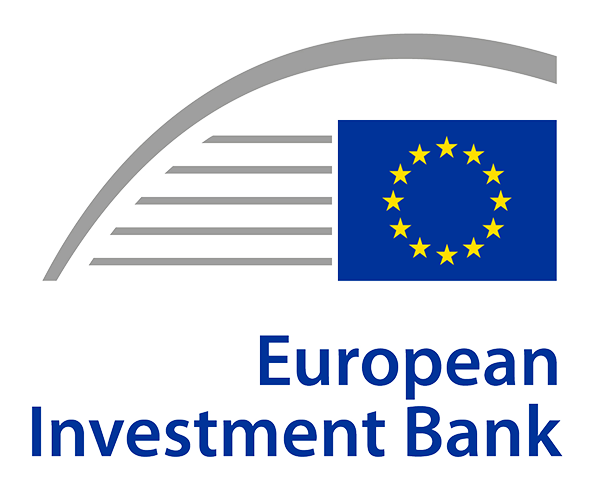The client created an in-house steering group to oversee the development of the initiative and procured Coretex Consortium from a seven-year term consultancy framework. The client brief for the assignment included:
- An analysis of the effectiveness of the current performance management arrangements, by service contract;
- An international benchmarking exercise to determine good performance management practices in large institutions;
- Production of a refreshed set of KPI’s for each service area, including a proof of concept;
- Production of a performance improvement strategy;
The client for the initiative had responsibility for policy setting and not operations within the organisation. This meant that the work required close working with operational leaders that had accountability for the performance of contracts, and needed an active involvement in setting standards.
There was no client relationship management approach within the organisation, which meant that the operational managers were responsible for setting standards without directly engaging with the business to determine if the standards were optimised to produce the best valuer for customers.






